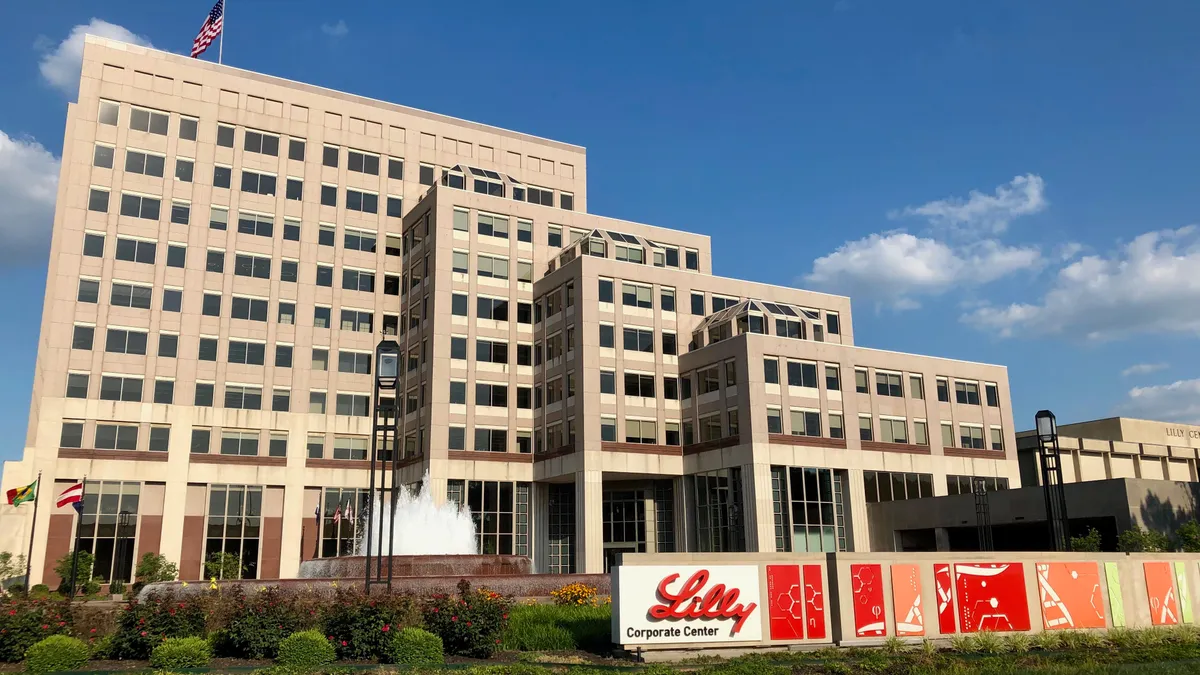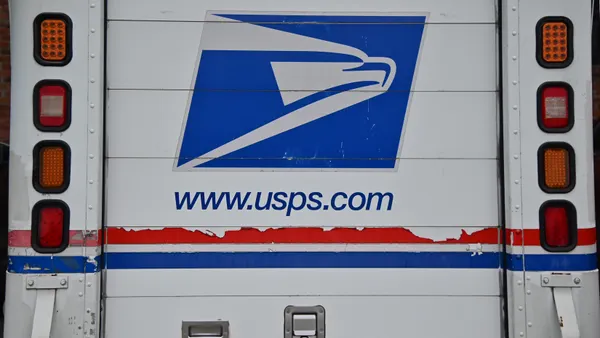Pharmaceutical manufacturer Eli Lilly has agreed to settle a class action suit that alleged the company’s hiring process for sales representatives discriminated against older job applicants, according to a legal filing on Thursday.
News of the settlement in the U.S. District Court for the Southern District of Indiana comes less than two months after the company paid $2.4 million to settle a U.S. Equal Employment Opportunity Commission suit alleging it failed to hire older applicants for sales positions.
Details of last week’s settlement were not disclosed.
“While we continue to deny the allegations, Lilly is pleased to have resolved this dispute,” the company said in an email to HR Dive. “We remain committed to fostering a culture of diversity and respect at Lilly. We are an EEO/Affirmative Action Employer and do not discriminate on the basis of age, race, color, religion, gender, sexual orientation, gender identity, gender expression, national origin, protected veteran status, disability or any other legally protected status.”
The plaintiffs, who filed the suit in 2021, alleged they applied for sales representative positions at Eli Lilly but were rejected and never hired. Instead, they claimed the company passed on them in favor of younger applicants compared to whom they were either as qualified or more qualified for those positions.
“Eli Lilly maintains hiring policies and practices which give preference to younger employees solely based on their age, resulting in the disproportionate employment of employees under the age of 40,” the plaintiffs said. “As a result of this bias against older sales representatives, who are equally or more qualified, such persons have been systematically excluded from the job/career opportunities afforded to younger Eli Lilly applicants.”
The plaintiffs cited several company practices that contributed to the alleged discrimination, such as the use of a recruitment system that required applicants to be affiliated with a university or part of Eli Lilly’s internship program, as well as “an explicit and stated strategy” of targeting millennials and early-career professionals.
EEOC’s suit made similar claims. The agency alleged that, in 2017, a senior VP of HR and diversity at Eli Lilly said the company had set a goal to have early career candidates comprise 40% of its new hires.
Per Eli Lilly’s settlement with EEOC, the company denied the agency’s allegations and did not admit liability.
Various research has found that age bias is prevalent in recruiting circles; a 2022 Resume Builder survey found that more than one-third of hiring managers said they had caught themselves viewing candidate resumes with age bias in mind, and 45% said they knew colleagues who were similarly biased.
A 2021 WerkLabs survey found that 75% of professionals over age 40 who experienced age bias said it occurred during the job search, compared to 53% of those who said it occurred in the workplace.
Recent EEOC enforcement activity in the area of age discrimination has focused specifically on language that implies a preference for younger workers. In one example, the agency alleged that a manufacturer turned down a candidate for a sales representative role in part because it was seeking “more junior” applicants.













